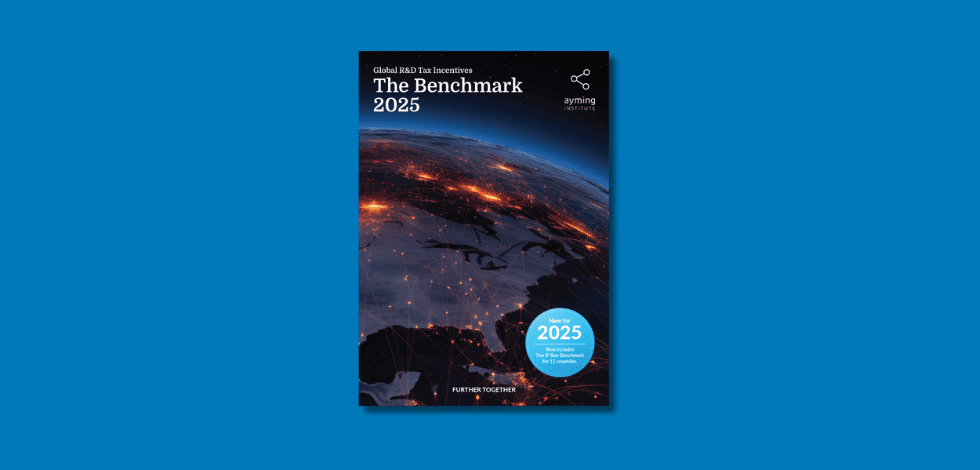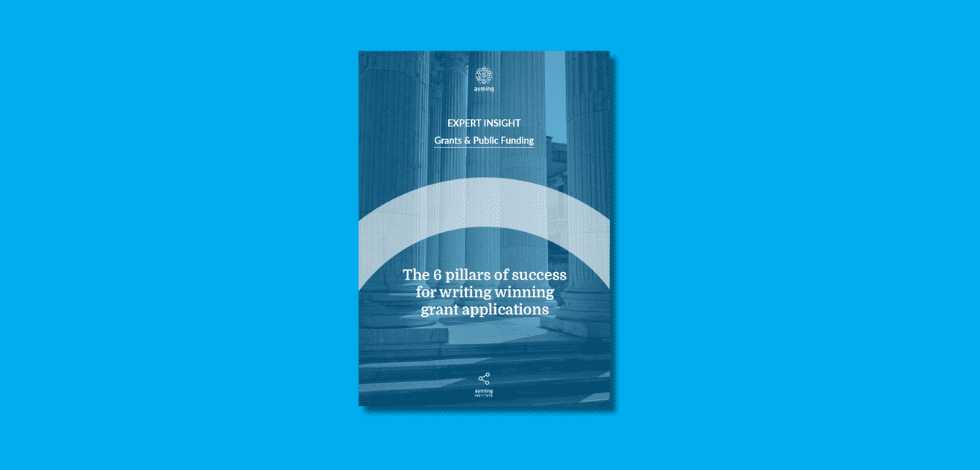Julien Bassignani discusses the treatment of social sciences and humanities across key international R&D tax credits schemes.
The British Cambridge dictionary gives the following definitions of Science:
1. (Knowledge from) the careful study of the structure and behaviour of the physical world, especially by watching, measuring, and doing experiments, and the development of theories to describe the results of these activities.
2. A particular subject that is studied using scientific methods.
As far as this definition goes, there doesn’t seem to be any discrimination between different types of sciences.
However, the UK Department for Business, Innovation and Skills (“BIS”) makes a clear distinction when considering science in their guidelines by restricting the meaning to “the systematic study of the nature and behaviour of the physical and material universe” and excluding “work in the arts, humanities and social sciences, including economics”.
Does this mean then that some sciences are more scientific than others?
How do international R&D tax incentives classify scientific activity?
Despite using the Frascati manual as the main reference point for defining Research and Development (“R&D”), and by extension the interpretation of science, the meaning of science varies greatly across different R&D tax incentives around the world.
An analysis produced by the OECD in 2014 shows that most countries with an R&D scheme have included social sciences and humanities (“SSH”) as part of the claimable industry sectors (Austria, Belgium, France, Portugal, Hungary, Czech Republic, Norway, Denmark, Finland, Brazil, Chile, Mexico, Russian Federation and Korea).
Yet it appears that Anglophone R&D incentives (UK, Ireland, Australia, and South Africa) generally exclude social sciences and humanities from the areas they consider to be eligible. If we use as an example the oldest scheme in the world, Canada’s Scientific Research and Experimental Development (“SR&ED”), which shares many similarities with the rest of the Anglophone schemes, we find similar restrictions: “SR&ED (…) does not include work with respect to (e) market research or sales promotion, (f) quality control or routine testing of materials, devices, products or processes, (g) research in the social sciences or the humanities, (…).”
Why are Anglophone countries restricting their definition of R&D?
The SR&ED seems to have relegated social sciences and humanities to the part of the legislation dedicated to quite obvious ineligible activities. Surprisingly, it still includes psychological research, essentially, research conducted by psychologists to analyse the experiences’ and behaviours of individuals or groups for educational, occupational and clinical applications, activities which sound very close to social sciences and humanities…
Have the Anglophone schemes therefore just habitually excluded social sciences by following the rules established by the Canadian scheme, their known precursor?
Is it perhaps that, in the hope of simplifying the scheme for use of all parties, the UK Government has created a scheme which is inadvertently narrowing the interpretation of what constitutes science and R&D?
How can social sciences & humanities be included in R&D tax incentives?
There are other well established schemes which have made the decision to include social sciences and humanities within their scope. For instance, the French scheme established in 1983 clearly states in their “Bulletin Officiel des Impôts” N° 19 of 23 February 2012 (a periodical publication from the tax authorities) that:
“R&D, in the services sector, does not necessarily take a “specialised” character, but encompasses several areas: R&D related to technology, R&D in humanities and social sciences (…). If for example the analysis is limited to R&D work related to technology, there is a risk of underestimating the content of R&D.”
This definition is elaborated with examples of concrete applications of social sciences and humanities:
“The study of the reading mechanism in adults and children, i.e. the research on how humans acquire information from visual symbols such as words, images and graphics fall within basic research.
The study of the reading mechanism for the development of a new method of teaching reading to children and adults is applied research.
The development and testing of a specific literacy program for dyslexic children falls under experimental development.”
This doesn’t mean that the French scheme and other similar international incentives represent an Eldorado for companies to claim tax benefits against all of their humanities or social sciences projects, as claims are still subject to demanding enquiries. However, it does show a more progressive approach when taking into consideration the extent to which scientific research has changed since the early 1980s.
What learnings could HMRC apply to UK R&D tax incentives?
Should, in the 21st century, the UK legislation still refer to the will of legislatures written in the 1980, particularly given that incentives globally are being continually improved to match the evolution of science, research and economies?
The narrow vision of science adopted by HMRC even contradicts the latest version of the Frascati Manual itself, which includes specific developments in the social sciences. In fact, the Manual now barely relates to the definitions established originally for the manufacturing industry and “exact” sciences from which the UK R&D scheme is based.
Considering that the UK scheme is still one of the youngest in the world, and with the country preparing for Brexit, this could well be the right time for the Government to adopt a less regressive approach which could generate new economic opportunities outside of outdated historical boundaries.













No Comments